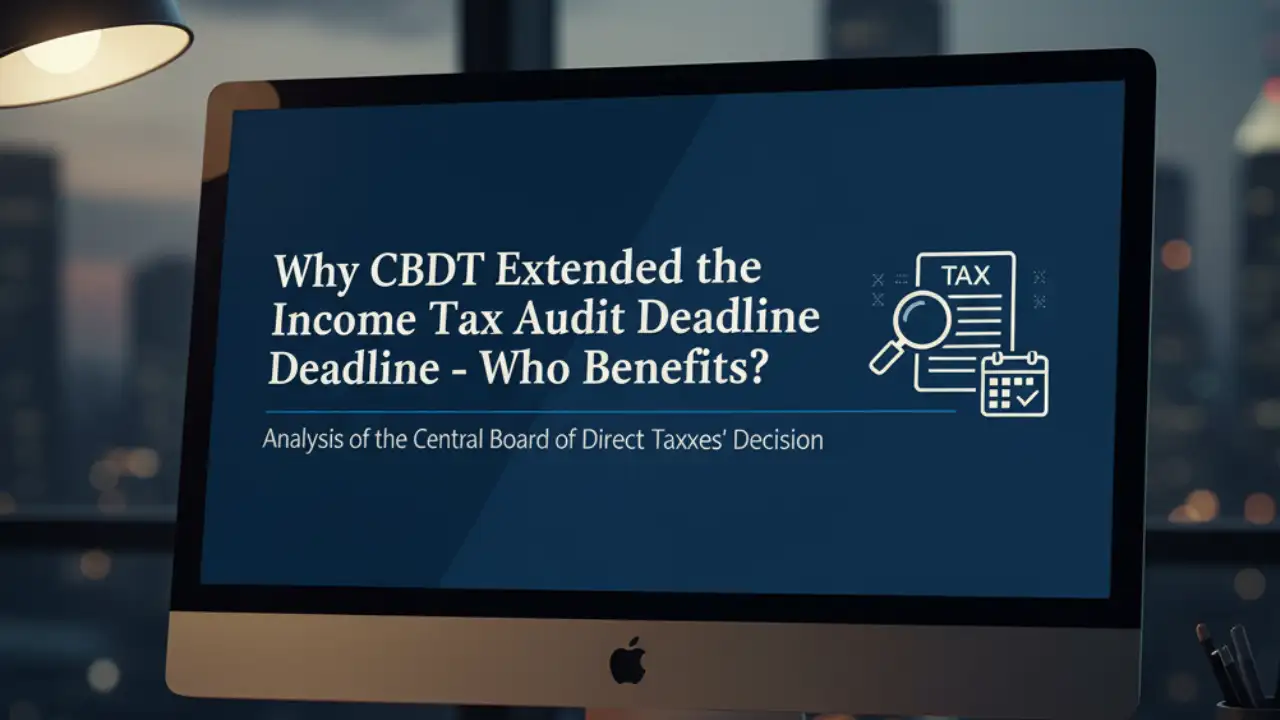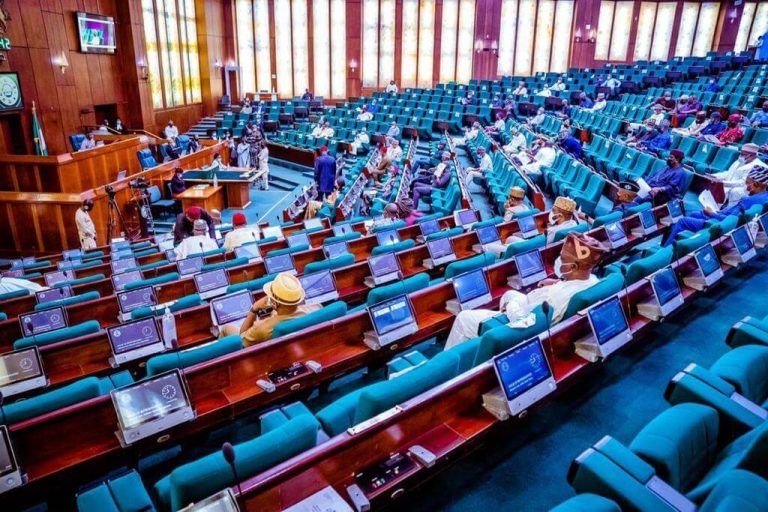Copyright timesnownews

The Central Board of Direct Taxes (CBDT) has extended key compliance deadlines for taxpayers covered under audit provisions for Assessment Year 2024–25, offering additional time to file audit reports and income tax returns. The move comes amid continued disruptions caused by floods and natural calamities in several regions, along with sustained requests from tax professionals and industry groups for relief, said a report by CNBC TV18. New Deadlines Announced Under the revised schedule: Tax audit report deadline: Extended to November 10, 2025ITR filing deadline for audit cases: Extended to December 10, 2025 This follows a previous one-month extension, reflecting widespread difficulties faced by businesses in finalising accounts and completing audit formalities. Why the Deadline Was Extended According to officials and stakeholder submissions, several regions experienced: Flood-related disruptionsData access challengesDelays in business operations and accounting processesConnectivity and infrastructure issues Trade bodies and professional associations highlighted that audit work could not be completed in time due to these constraints. Responding to these concerns, CBDT granted additional time to ease compliance pressure and support affected taxpayers. Who Needs a Tax Audit? Under Section 44AB of the Income Tax Act, tax audits are mandatory for: Businesses with turnover above Rs 1 crore Threshold increases to Rs 10 crore if cash transactions are 5% or less of total transactionsProfessionals (doctors, lawyers, consultants, etc.) with gross receipts above Rs 50 lakh Taxpayers opting for presumptive taxation (44AD/44ADA) are exempt from audits unless: Income declared is lower than prescribed presumptive rates (6% for digital, 8% for cash) ANDTotal income exceeds the basic exemption limit Common Misconceptions Tax experts note confusion among small taxpayers, especially around digital vs cash transactions: UPI, card payments, net-banking count as digital—butNon-account-payee cheques are treated as cashPresumptive taxpayers may still need audits if profit ratios fall below norms Who Benefits From the Extension? The relief largely helps: Businesses and professionals in flood-affected areasFirms with complex accounting and audit processesTax practitioners handling high audit volumesPresumptive scheme taxpayers with lower declared profit margins What Taxpayers Should Do Now While the extension offers breathing room, experts recommend: Reconciling records earlyAvoiding last-minute filingsEnsuring audit reports and ITRs align to prevent notices laterBacking up financial data, especially for flood-affected regions



